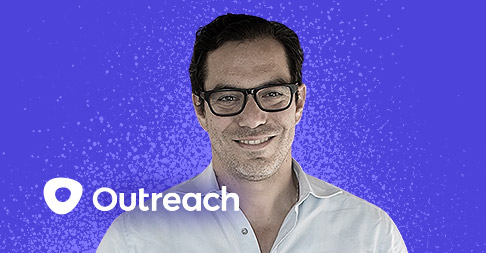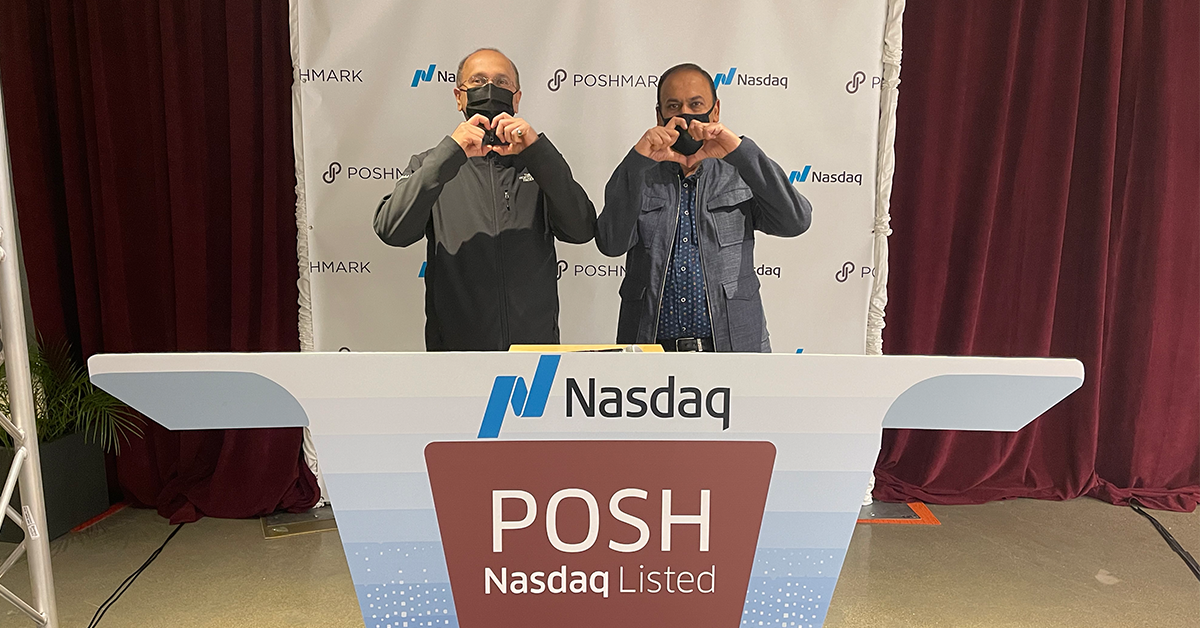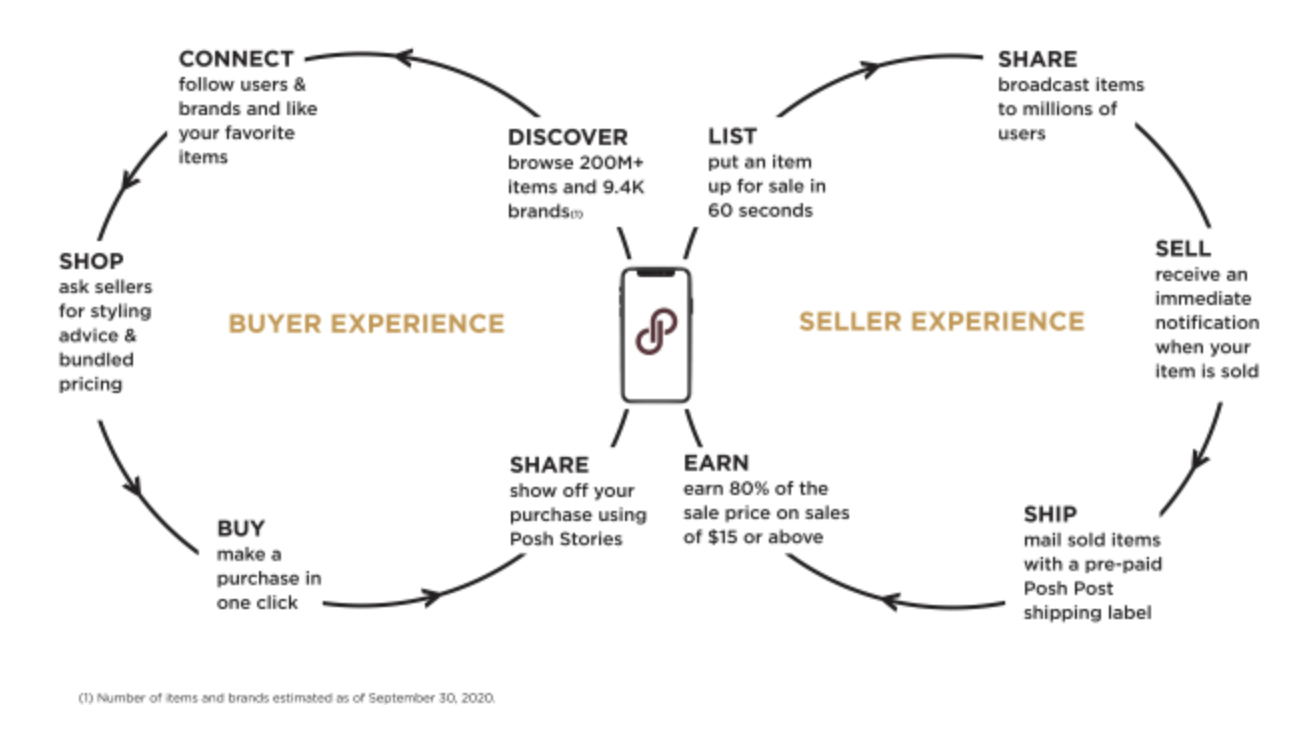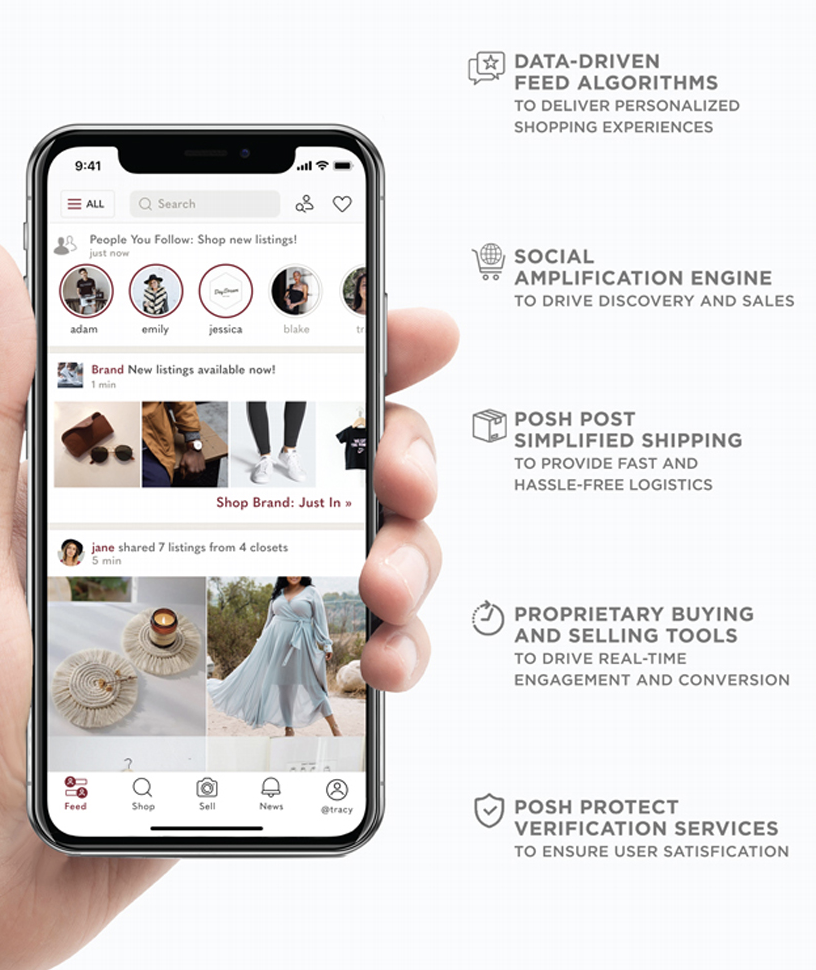2021 Mid-Year Review: Looking Back, Looking Forward






Every company wants to plan, but planning is a painful and time consuming process – and often the plans are inaccurate, frequently with dire consequence. Missed sales forecasts and earnings, missed product launches and missed hiring plans are just a few of the misses of poor or ineffective planning. Not to mention the agony of the people toiling away in finance and planning departments and countless hours lost to mind numbing and tedious processes. In the age of the cloud and software transforming every industry and function it is time that this problem is addressed for every company not just the largest in the world.
At Mayfield, we have been pondering this problem for several years and have been looking for an entrepreneur who had a vision to solve this problem. We found our answer when we met Christina Ross, founder & CEO of Cube and her co-founder & CTO, Josh Holat in the middle of the pandemic last summer. Christina is a life long self-proclaimed finance geek and has made it her mission to elevate the role of the CFO and finance to be a strategic driver of business. As a matter of fact, growing up her favorite toy was a cash register! No surprise she is obsessed with helping companies make better resource allocation decisions to make businesses more efficient and drive innovation.
Christina had experienced the problem of planning at large companies and startups and had seen the promise yet severe limitations of planning software known as EPM (Enterprise Performance Management). These modeling engines run in the cloud and help businesses reconcile their finances between budgeted and actual performance and plan for future scenarios. As an FP&A (financial planning & analysis) expert at GE and at Deloitte she saw the power of these systems but also how expensive, time consuming to implement and difficult they were to learn. As head of finance at startups such as Rent the Runway and Criteo’s US division, she realized that everything on the market was hopeless for most companies that are not large and sophisticated. Most importantly no one liked using these systems.
One thing Christina observed was that regardless of the environment, finance and planning people love using spreadsheets, despite their inherent limitations. They are easy to use and set up, very flexible and easy to collaborate with. Pretty much every business user knows their way around a spreadsheet and there are 100s of millions of such people. The limitation of spreadsheets is their flexibility makes them error prone, they are slow and lack the complex modeling capabilities most businesses need.
Chrstina had the core insight of combining the flexibility and ubiquity of the spreadsheet with the power of a cloud based modeling software. Take the best of both worlds and leave the worst of them behind. Voila! A system that was easy to implement, with data integrated from systems such as CRM, ERP and HR, fast, flexible and easy to learn and a delight to use.
Christina started validating the idea by talking to her fellow CFOs. Encouraged by the similar stories and pains she heard, she decided to make the bold move, as a mother of two year old twins, to quit her job and take the plunge to become an entrepreneur. Before she brought on Josh Holat as her co-founder & CTO, Christina learned to use Invision and validated her mock designs with potential customers. She got commitment for her first paid customer before a line of code was written. In seeking out her co-founder, Christina recalls, Josh not only got the vision but came back with an elegant design and approach to implement the foundation of the technology and the product. Josh was fascinated with not just the technical challenge, but also the uniqueness of the opportunity to have a real impact on businesses and in his words “not just another app.” After participating in Techstars NY, Chrstina brought on board prominent Angels who had invested in or were part of cloud EPM leaders such as Anaplan and Planful in the past.
At Mayfield, our familiarity with the market goes back to our shared tribal knowledge to the first generation EPM companies such as Arbor Software/Hyperion (now part of Oracle), which was a Mayfield investment made in the 90s. But it is the front row view we had with the movement Marketo created by elevating the role of the CMO and digital marketing; and how Outreach has created and is leading the sales engagement movement by empowering salespeople with an AI driven platform that is very much the inspiration. A finance system of intelligence and engagement would empower the CFO and finance people to serve a key strategic role in helping every department and line of businesses perform at their highest potential. Cube has the potential to reinvent the planning category and bring it to 100s of thousands of businesses in the world up from the current market of a few thousand companies. We believe this is a 100X opportunity.
We were introduced to Christina by our friend and longtime collaborator, Brett Queener, of Bonfire Ventures, who had just led the seed round of the Company in May 2020 along with Leyla Seka of Operator Collective. From the very first zoom meeting with Christina we felt we were meeting a special entrepreneur and our prepared mind was blown away by her deep understanding of the problem, insight and vision for the market. As we learned about her values and the importance of the “Why Cube matters and needs to exist as a Company,” the more we felt compelled to find a way to partner with Christina and the team.
We got to know each other over a summer of zoom which culminated in us flying to meet with Christina (who drove up from NYC) and Josh in Boston navigating all the various quarantine rules and restrictions. Despite the uncharted waters of doing investments during COVID we have remained committed to meeting entrepreneurs safely in person. At Mayfield, our People First approach to partnering with entrepreneurs comes with deep conviction and a commitment to help with company building over the long haul. Hence it was important to spend the time to get to know Christina and Josh and we welcomed their approach of them getting to know us deeply as well. We appreciate their desire to partner with us given entrepreneurs have many choices for venture partners.
It is early but very promising for Cube as they have quadrupled their customer base since launching the product in early 2020 with dozens of businesses of varying sizes and industries. The Company is marching rapidly towards achieving strong PMF (product market fit) with very high win rates, evidencing strong pent up need in the market looking for a solution that works. And COVID was a reminder of how uncertain the world is, underscoring the need for planning as a constant activity for every business.
To all the finance folks and planners out there, in the words of Maya Angelou “Hoping for the best, prepared for the worst, and unsurprised by anything in between.”
We are thrilled to partner with Christina, Josh and the team at Cube. Welcome to the Mayfield family.



I first met Manish Chandra, Poshmark Co-founder and CEO, in 2004. We were both charter members of The Indus Entrepreneurs (TIE), a pioneering community organization for Indian-American technology entrepreneurs. We hit it off, as we were both technologists who were fascinated by business and wanted to create industry-defining companies. Our interaction grew through sounding board conversations about Manish’s first start-up, social shopping discovery service Kaboodle (aka Pinterest of 2004), and deepened into a company building collaboration in 2010, the year before he founded Poshmark.
In 2010, Manish had identified that the iPhone and Instagram would serve as consumer behavior accelerators for mobile and social commerce. Fashion was a multi-trillion dollar industry that had not leveraged technology and the sharing economy was becoming a mainstream phenomenon. We met for breakfast at Hobees in Cupertino, as part of our ongoing brainstorming, where I remember the moment, 6 months before founding Poshmark, when Manish told me that he was going to give up his laptop and just work on his iPhone.
Mayfield’s founding investment in Lyft, and some of my other investments in consumer and marketplace breakout companies such as Makemytrip.com and Matrimony.com in India had equipped me with a playbook of success.
Together, we realized that we could build a unique partnership as founder and founding investor. One of the hallmarks of Manish is his high degree of self awareness and EQ. He realized that in aiming to serve a fashion consumer, primarily women, he needed to complement his technical co-founders – Gautam and Chetan – with a fashion industry expert and business leader. We introduced him to Tracy Sun, who turned out to be a great fit, and the founding team was complete. We led their Series A in February 2011, their stealth name GoshPosh evolved into Poshmark, and the industry’s first mobile-enabled social marketplace was created.

We have participated in every single round of their financing since the founding through our early-stage funds as well as our growth-stage Select funds, and Poshmark’s IPO today marks the latest milestone in our decade long journey together. Here are some lessons learned along the way.
Partnering with an entrepreneur at the idea stage when there is no product, an incomplete team, and no customers is not for the faint of heart. Founding investors realize that overnight successes take a long time and need to be guided by core beliefs that enable them to stay the course. Some key ones that drove our successful partnership with Manish and the team include:
Over my career as a VC, there are five rules of the road that I believe are critical to company building, which I shared with entrepreneurs at Stanford’s ETL Series. The tales of Poshmark richly illustrate these learnings:
1. Mission and values are critical. Their founding mission to put people at the heart of commerce, enabling everyone to thrive and their values, especially that of leading with love, were built into their culture and DNA;

2. Their singular focus on style (starting with resale and expanding to retail) enabled them to buck the trend of startups who die of indigestion, not starvation;
3. Their ability to deliver sellers an integrated, frictionless platform and buyers a vast, curated marketplace anchored on rich social interaction, made their offering a painkiller, not a vitamin;

4. They innovated across the value chain by building an asset-light, two-sided marketplace that charged one price for bundled services including logistics which enabled selling as a superpower;

5. Their focus on people in the community and within the company has been foundational and enduring.

The team’s commitment to community is aptly expressed in Manish’s letter in the S1; a couple of excerpts below:
“Of course we had high hopes for the business, but we never imagined the kind of impact that Poshmark would have on millions of people’s lives. Every day, we hear from Poshers who proudly share their stories. I think of Kristin and Korinne, a single mother and her daughter who combined their selling forces to make enough money to send Korinne to the college of her dreams. Alex, who was diagnosed with a rare autoimmune disorder and started selling on Poshmark to pay off her medical bills. Tina, a domestic violence survivor who sold clothes from her closet to provide her enough financial independence and confidence to leave her difficult circumstances. And Danee, who no longer has to worry about paying for essentials like groceries and more thanks to her Poshmark business.
It is an honor and privilege to empower the millions of people who make Poshmark what it is—a community that embraces individuality, provides support, fuels circularity, and encourages dream chasing. What makes Poshmark so special is that people can pursue their own ambitions and define their own success. The result is a dynamic market, alive with the energy of people coming together. Something truly magical.”
Today’s IPO marks the latest milestone in our journey and the realization of the Poshmark founders’ vision to transform the way style is sold with the power of mobile and social. It’s been an honor to work with Manish, Tracy, Gautam, Chetan and the entire Poshmark team as they built the company and grew their community of seller stylists, empowering everyone to earn money from the unused items in their closets. Today, the promise of Poshmark’s social and sustainable commerce is even more impactful as we all seek genuine social connection in a digital-first world.
As a conscious VC, I am excited to continue onwards and upwards to serving our community and making the world a better place!